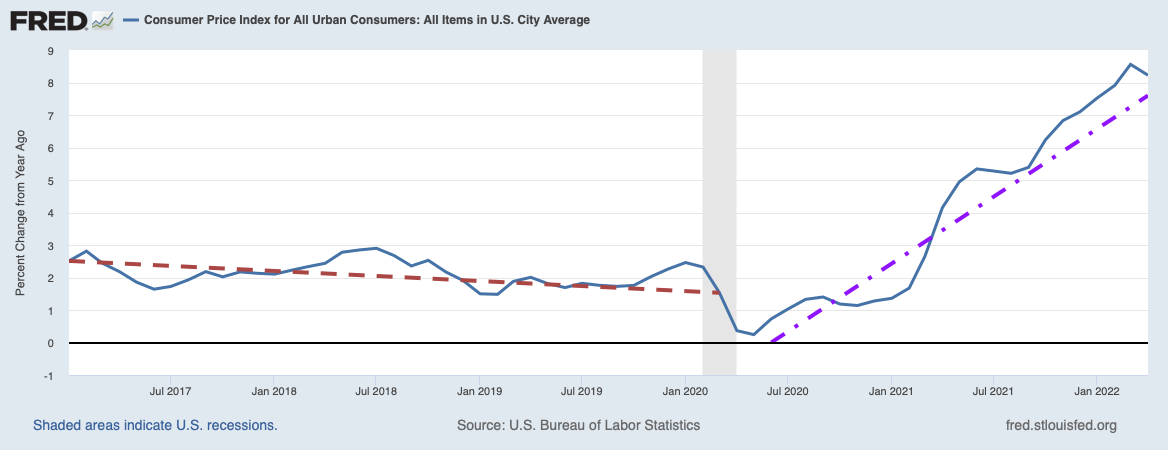An Astonishing Thought About Taxes
photo credit: Taxes – Illustration via photopin (license)
This morning I read an astonishing conjecture that something could actually be done this year about the tax burdens hobbling the American economy. How could this happen in an election year with government divided between the parties? Ike Brannon suggested this possibility in his post Why We Should Fix Our Corporate Tax Code Before the Elections. Since Mr. Brannon is President of Capitol Policy Analytics, a consulting firm located in Washington D.C., I have to assume he knows something about the politics impeding any changes in taxes, particularly corporate taxes.
It is no secret Republicans would like comprehensive tax reform that would reduce everyone’s tax burden, but that they would especially like to reduce the burden of corporations. It is also no secret most Democrats – particularly Bernie Sanders and Hillary Clinton – would like to raise taxes a great deal for corporations and those more well off economically. Because of the dysfunctional nature of divided government, Republicans appear to have given up any hope of doing something constructive about taxes until we get a new president, and only then if that president happens to be Republican. As Mr. Brannon writes in his very first paragraph,
A recalcitrant president, a Democratic party that’s at best ambivalent about reform, internecine battles within the Republican party, and lobbyists keen to keep their favorite deductions, credits and exclusions all conspire against accomplishing it.
He then asks the following question.
The uncertain environment next year begs a question: Is there any facet of tax reform that can be accomplished this year, and is it worth getting half a loaf in 2016 than holding out to try for the whole kit and kaboodle next year?
His answer is in the affirmative for corporate taxes, because of the pressing, unforgiving phenomena of corporate inversions. I have written about the threats of corporate inversion to our economy in the posts Beware BEPS!, The First of the BEPS Refugees, and Big Corporations Abandoning the U.S. at an Increasing Rate. In a corporate inversion a company acquires a foreign company in a country to which the American company wants to move. The American company then takes on the legal identity of the acquired company and ceases to be American. The advantages to American companies in undergoing inversion are twofold:
- Much lower corporate tax rates.
- Living in a tax regime that is territorial, rather than world-wide as in the United States.
Lamentably, there are only two countries in the world with higher corporate tax rates: Chad and the United Arab Emirates. The U.S. corporate rate is 35%, which increases to an average of 39.1% when state taxes are included. It is the largest of any industrialized nation and third highest in the world. Also, there are only six other countries that use a world-wide tax regime. Both of these facts make it very hard for U.S. multinational corporations to compete with foreign companies overseas, or even for them to compete against those foreign companies here in the United States!
Currently, the only way American companies can avoid double taxation on their foreign earnings – once by the foreign government and again by the U.S. government – is to keep those foreign earnings overseas. They are taxed a second time by U.S. government only if those profits are repatriated. As a result U.S. multinationals usually keep those profits overseas, either stashed in foreign bank accounts or invested in other countries. Reportedly, companies are keeping more than $2 trillion of these foreign earnings in foreign accounts. Since our governments never gain revenue from these overseas retained earnings anyway, they would not lose anything directly by going to a territorial tax regime. Indeed, if they went to such a regime they could gain indirectly by any repatriated earnings invested here in the United States.
Some of the companies that have undergone inversion are listed below.
- Burger King – Fast food
- Medtronic – Medical Devices
- AbbVie – Pharmaceuticals
- Pfizer – Pharmaceuticals
- Walgreen – Drug store chain
- Coca-Cola – Soft drinks bottler
- CF Industries – Fertiliser manufacturer
- Mylan – Pharmaceuticals
- Johnson Controls – Electronics and electronic systems
Just four days ago on January 25, Johnson Controls announced their inversion by acquiring Tyco International in Ireland.
For Republican congressmen, both of the suggested reforms of lower corporate taxes and adoption of a territorial tax system are no-brainers for which they would vote in a heartbeat. Most Democrats of course would not be nearly so enthusiastic. Democrats have a very big political problem, however, should they choose to do nothing about inversions. U.S. multinationals, hurting because of foreign competition, will not wait on the convenience of Democrats in seeking relief through corporate inversions.
Herein lies the opportunity to do something very positive for the economy. The political pressure on Democrats to stop the loss of some of our most important corporations could be an irresistible force battering down Democrats’ heretofore immovable barriers to corporate tax reform.
So far the Democrats have reacted to corporate inversions in a more punitive manner. Obama’s Treasury Department has proposed the imposition of a 19% minimum tax on foreign income, even if companies do not repatriate their foreign earnings. Needless to say such a proposal has absolutely no chance in the Republican Congress, and the prospect of such a “reform” in the future might well motivate some multinationals into inversions as soon as they could be arranged. It would be easy to point out that such a non-reform does nothing to solve the basic problem of uncompetitiveness of U.S. multinationals under U.S. tax burdens.
In addition, Obama has proposed to lower the corporate tax rate to 28% from 35% with the elimination of numerous tax deductions and loopholes. Using such deductions and loopholes, companies have had an effective tax rate in 2010 of 16.6% according to the Government Accountability Office. In the linked GAO PDF, the 16.6% rate is the number given for the federal actual tax rate for all Schedule M-3 filers. It might seem that reducing the corporate rate to around 17% without any deductions or loopholes would be required to maintain the current conditions for companies. The actual tax rate should be something negotiable, so long as the tax regime be made territorial.
If Democrats can not come to a compromise with Republicans, further corporate flight from the U.S. might well raise the political pressure to a boiling point. Republicans have a much better argument on what the basic problem is and what the solution should be. This is a political dispute that will not disappear for the convenience of the Democratic Party.
Views: 2,856





























